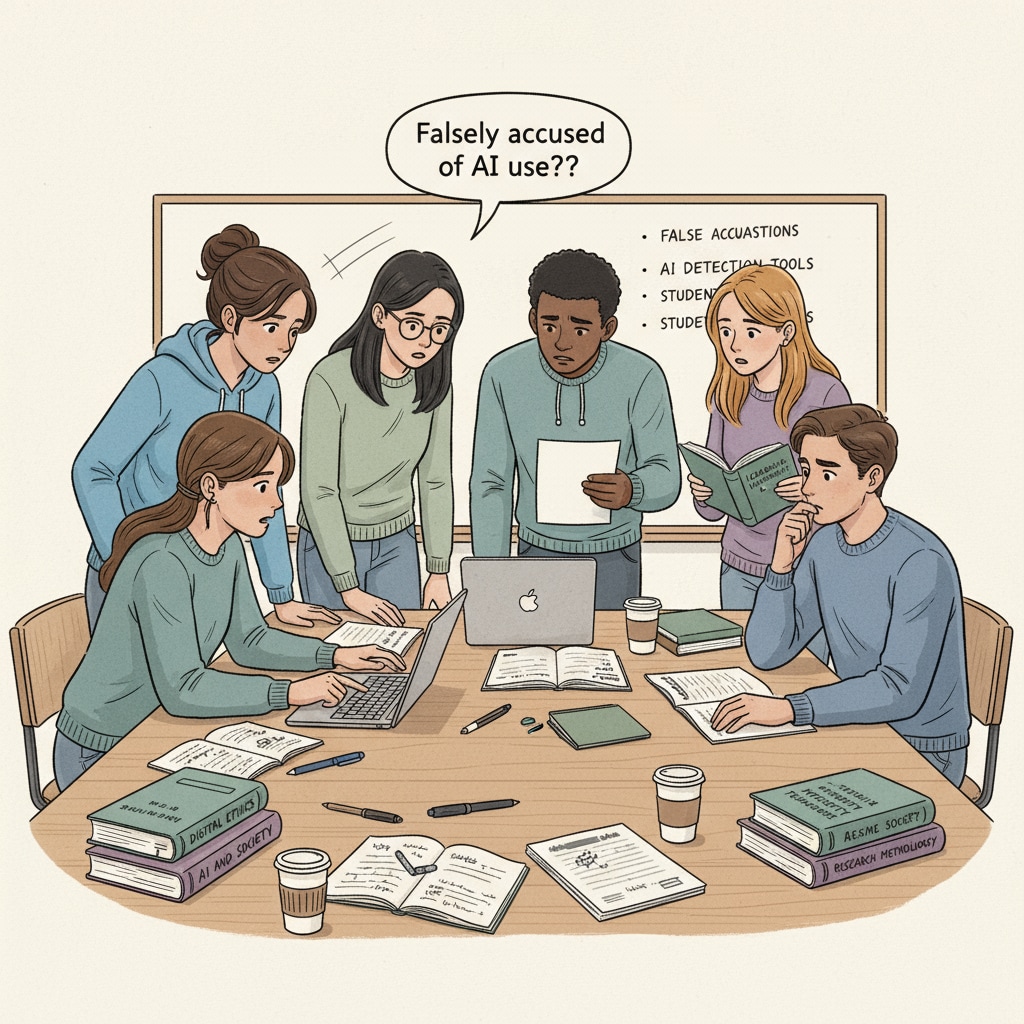In an era where AI use is becoming increasingly prevalent in various aspects of life, the issue of university liability in false accusations of AI use and academic penalties has emerged as a critical concern. As educational institutions strive to maintain academic integrity, the risk of wrongly accusing students of using AI has significant consequences for both the students and the universities themselves.

The Rise of AI Detection and False Accusations
With the rapid advancement of AI technology, universities have been implementing various methods to detect its use in students’ academic work. However, these detection tools are not infallible. For example, some automated systems may flag a student’s work as AI-generated based on certain patterns or language styles, without sufficient evidence. According to Artificial intelligence in education on Wikipedia, the complexity of human and AI-generated language makes it challenging to accurately distinguish between the two. This has led to a number of false accusations, where students are unjustly penalized for something they did not do.

The Impact on Students
False accusations of AI use can have a devastating impact on students. Academically, it can lead to severe penalties such as failing grades, academic probation, or even expulsion. This not only disrupts their educational progress but also has long-term implications for their future career prospects. Mentally, students may experience high levels of stress, anxiety, and depression. They may feel betrayed by the educational system that is supposed to support and guide them. As a result, their overall well-being and motivation to learn can be severely affected.
University Liability in False Accusations
Universities have a responsibility to ensure that any accusations of AI use are based on solid evidence. If they fail to do so and falsely accuse a student, they may be held liable. Legally, this could involve claims of defamation, invasion of privacy, or negligence. According to Education law on Britannica, educational institutions are expected to follow proper procedures and provide a fair hearing before imposing any penalties. Failing to meet these standards can expose universities to legal consequences.
In conclusion, the issue of university liability in false accusations of AI use and academic penalties is a complex one that requires careful consideration. Universities need to strike a balance between maintaining academic integrity and protecting the rights and well-being of their students. By implementing more accurate detection methods and fair procedures, they can reduce the risk of false accusations and ensure a just educational environment.
Readability guidance: This article uses short paragraphs to clearly present ideas. Each section focuses on a key aspect related to the topic. Transition words like ‘however’, ‘for example’, ‘as a result’ are used to enhance the flow. Passive voice is minimized, and active voice is used to make the content more engaging. Lists are used where appropriate to summarize important points.


